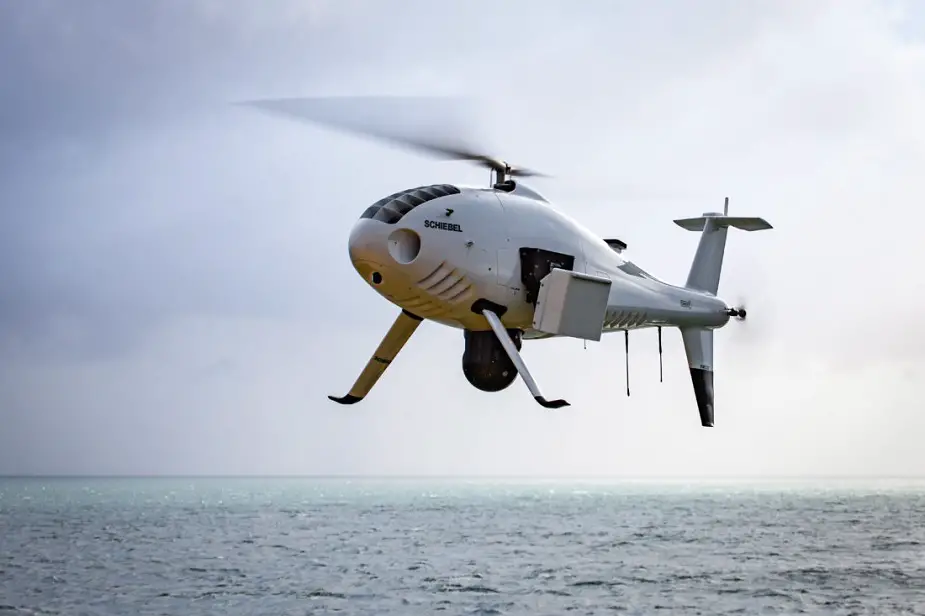Breaking news
Bristow and Schiebel carry out UK’s first unmanned search and rescue aircraft trial.
International aviation leader Bristow is carrying out the UK’s first trial of unmanned aerial vehicles (UAVs) for lifesaving operations in maritime and land environments, in partnership with Schiebel Group. Bristow is the provider of the HM Coastguard Search and Rescue Helicopter Service.
 Camcopter S-100 (Picture source: Schiebel)
Camcopter S-100 (Picture source: Schiebel)
International aviation leader Bristow is carrying out the UK’s first trial of unmanned aerial vehicles (UAVs) for lifesaving operations in maritime and land environments, in partnership with Schiebel Group. Bristow is the provider of the HM Coastguard Search and Rescue Helicopter Service.
Bristow is operating the Schiebel CAMCOPTER S-100 system from Caernarfon Airport in Wales, to fully evaluate its capabilities in a search and rescue role.
The trial is being led by Bristow and is complementary to the work being carried out by the Maritime and Coastguard Agency to develop the regulation under which UAVs can operate in a range of scenarios beyond visual line of sight – where the pilot cannot see the aircraft - and in unsegregated airspace, where other aircraft are operating.
Caernarfon offers a dynamic operational area, including mountainous and maritime environments, making it an ideal location to incorporate the unmanned aircraft technology into a complex airspace environment.
The CAMCOPTER S-100 is a vertical take-off and landing (VTOL) rotary UAV, which is used extensively around the world in land and maritime environments, by international agencies such as the European Maritime Safety Agency.
With the capability to travel 200 kilometres from its home base, the S-100 is flown by a pilot in a remote location using digital control and imaging technology to allow them to see through the eyes of its on-board cameras.
Alan Corbett, chief executive of Bristow Helicopters Ltd, said: “This trial allows us to carry out demanding evaluation of the aircraft, the broader system capability and future suitability as an evolutionary step beyond the current helicopter-focused approach to search and rescue missions.
“Schiebel’s technology has already been operationally proven globally. Integrating unmanned aircraft with our current capability is the logical next stage in the development of search in support of rescue activities.
“Our teams have undertaken significant training and testing of these aircraft in less-active environments. The opportunity to evaluate the platform, safely integrating with different types of air traffic found at and around Caernarfon, while accessing mountain and maritime operating environments, allows us to prove their potential for operational, public service.”
Neil Hunter, business development director at Schiebel Group, said: “The CAMCOPTER S-100 is a proven and reliable UAS for maritime and land-based operations. In total, we have collected more than 82,000 flight hours so far and we’re looking forward to demonstrating the full range of our capabilities to Bristow in the UK.”
Caernarfon Airport has facilitated access to airspace for the tests to be undertaken. Roy Steptoe, managing director at Caernarfon Airport said: “Without doubt unmanned aircraft are the way of the future. I am pleased to assist Bristow in these trials, which will allow them to look at the potential to integrate the technology safely into operations in and around a busy airport where private and commercial air traffic is present."


























